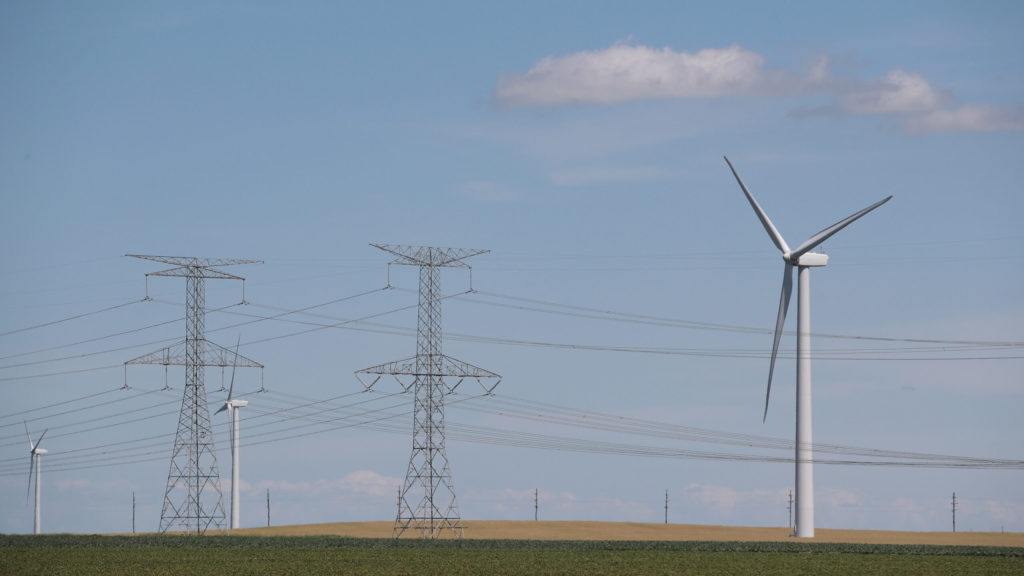Several other states moved forward, even if they didn’t pass their own versions of “100 percent” laws.
Massachusetts, Senate Bill 9, signed on March 26: The law requires the state to get to net-zero emissions by 2050, with interim targets in 2030 and 2040 to make sure the state is making adequate progress.
Rhode Island, House Bill 5445, signed on April 10: Like the Massachusetts law, this one in neighboring Rhode Island requires the state to reach net-zero emissions across the economy by 2050.
Oregon, House Bill 2021, signed on July 27: The law requires the state’s two largest utilities to get to 100 percent carbon-free electricity by 2040.
The law is notable for provisions that try to make this an equitable transition, with programs aimed at making sure that low-income communities and communities of color get a share of the benefits of clean energy.
13: North Carolina is now the first state in the South to require a transition to 100 percent carbon-free electricity, part of a bill that mostly deals with electricity rates and regulations but also has some climate and clean energy provisions.
Washington passed its requirement for 100 percent carbon-free electricity in 2019 and followed up in 2020 with a law requiring an economy-wide cut in emissions.
As each state passes something, it creates different kinds of momentum.
But I’m not expecting many, if any, significant state energy laws in 2022.
About one-third of the country’s population lives in states that have laws requiring a transition to 100 percent carbon-free electricity, 100 percent renewable electricity or net-zero emissions.
Joe Manchin , said on Sunday that he wouldn’t support the Build Back Better legislation that would have been the most substantial federal climate action in a generation.
New York Bans Gas Heat and Stoves in New Buildings: Clean energy advocates who are trying to reduce emissions from buildings got a gigantic win last week when the New York City Council approved a measure to ban natural gas heat and stoves in new construction, as reported by Anne Barnard of The New York Times.
Florida’s Largest Utility Wrote Bill to Stifle Net Metering: Documents show that the utility Florida Power & Light was the original author of a bill that was later introduced by a Florida lawmaker that sought to reduce the ability of rooftop solar owners to earn money from selling excess electricity to the grid, as reported by Mary Ellen Klas and Mario Alejandro Ariza of the Miami Herald in a partnership with Floodlight.
This Was the Year When the Hard Climate Stuff Started Looking Doable: Some of this year’s most encouraging news about addressing climate change came from industries with some of the greatest decarbonization challenges.
Georgia joins Louisiana, South Dakota, Texas and Wyoming as states that are pursuing the economic opportunities of low-carbon industries despite lacking the ambition to address climate change at the state level, according to a report from the Center for Strategic and International Studies.
He came to ICN in 2018 after a nine-year tenure at The Columbus Dispatch, where he covered the business of energy.
We deliver climate news to your inbox like nobody else.
